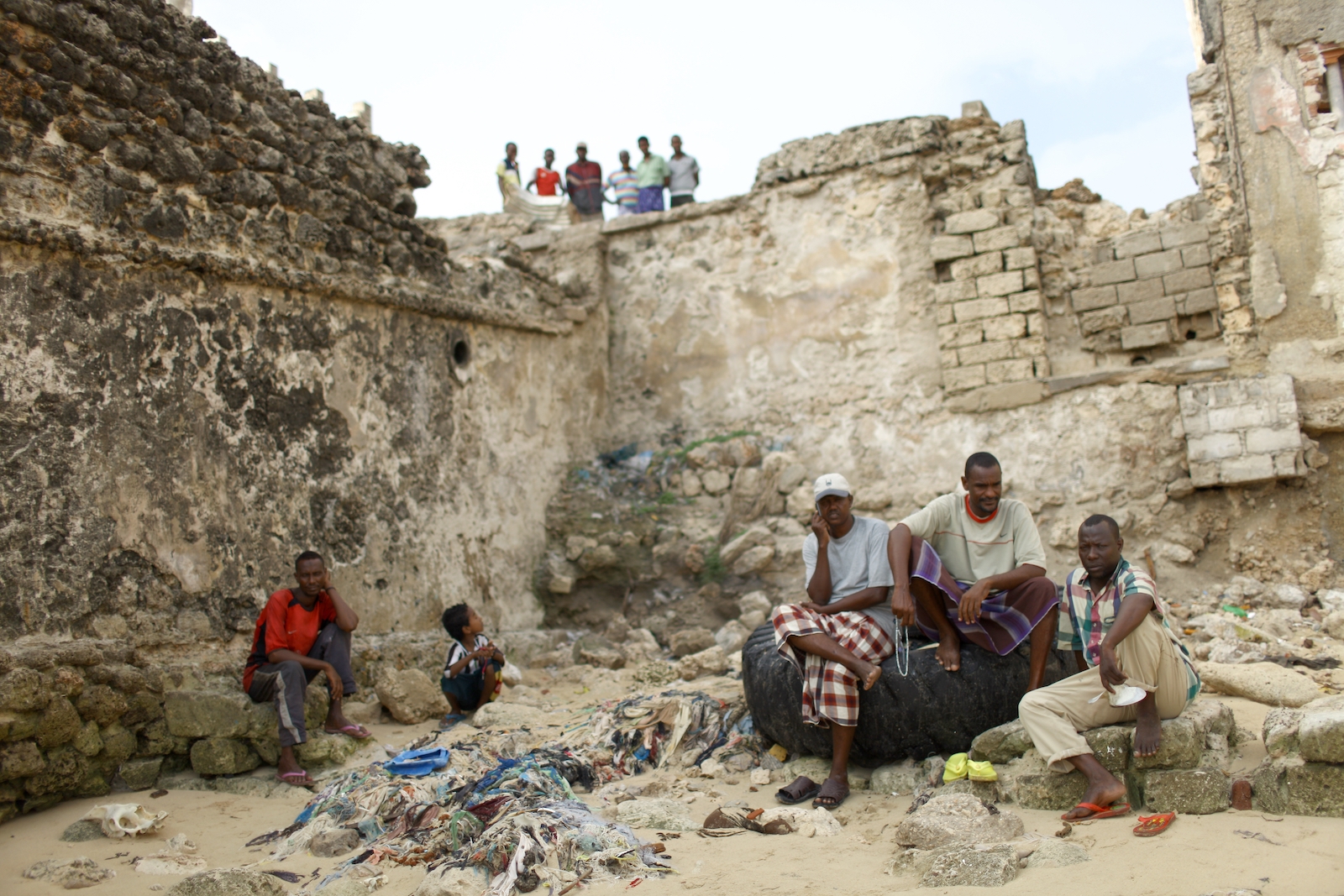
The NDAA will have a Devastating Impact on Somalia
On Wednesday, December 15, the U.S. Senate passed House Resolution 4350, the National Defense Authorization Act for Fiscal Year 2022, by a vote of 88-11. Title LXIV, Section 6472 of the NDAA pertains to “Strategy and reporting related to United States engagement in Somalia.” Effectively this provision requires the State Department and the Department of Defense to formulate a new policy and approach to Somalia.
In addition, the NDAA requires that within 90 days, both the Secretary’s of State and Defense, in consultation with USAID, shall develop and submit this plan and it shall include a “strategy for advancing United States diplomatic, humanitarian, development, counterterrorism, and regional security priorities in Somalia” as well as a “detailed outline of United States national security interests and policy objectives in Somalia.”
However, Senator James Risch (R-ID), who sits on the Senate Foreign Relations Committee, recently introduced an amendment to the NDAA to establish a security and defense partnership between the United States and Somaliland, a clear violation of Somalia’s sovereignty and a political power play to try and lessen Somalia’s authority in the region, ultimately to the detriment of both the United States and its allies.
In the last ten years or so, efforts by international organizations to address political uncertainty and instability within the Horn of Africa region have been, at best, uncoordinated and, at worst, disjointed and illogical. If the NDAA (including the amendment proposed by Senator Risch) successfully passes through Congress, the pattern of imprudence will continue, as powers like Russia and China will look to take advantage of the division created in Somalia as a result of the NDAA.
The battle for geographic dominance in the Horn of Africa continues to fuel instability in an already volatile region. It has once again thrust Somalia into the geopolitical spotlight as a focal point of strategic and political importance. And, because of its geographic positioning, the stability of this region is dependent upon the stability of Somalia.
And stability won’t come easy as world powers continue to deliberately and aggressively assert themselves in the region. China has built one of its largest military bases abroad in Djibouti. Russia is establishing itself as one of the region’s largest arms dealers and is looking at building a base on the Red Sea in order to realize its aspirations in the Middle East.
The fact is that the passage of the NDAA will almost certainly result in just another failed attempt at diplomatic policy engagement (and a colossal waste of taxpayers’ money) unless it includes provisions to address the real problems facing Somalia. And, of course, the United States continues to pitch itself as a positive alternative, but while the words of the United States seem to indicate a vested interest in strengthening democratic institutions, improving stability and security, and delivering services for the Somali people, the actions (like those of Senator Risch) unfortunately, do not.
Any strategic policy plan must include initiatives to repair the fractured relationship between the government of Somalia and Somali member states, including the implementation of a national security strategy in order to help stabilize and strengthen national security institutions. If the NDAA passes as-is, Somalia will have no other option but to partner with Russia and China in order to maintain economic relevance. This Act must assure that no foreign influence persuades policy development and legislative progress in Somalia.
In addition, attention must be paid to the ongoing issues of political injustice, impunity, and corruption by instituting measures designed to hold those involved in political exploitation and human rights abuses accountable for actions that undermine state and international institutions. Including, but certainly not limited to, the illegal financial assistance and financial contributions to Somali officials and institutions from states like Qatar and others.
Let’s be perfectly clear. The United States has a record of intervening in Somalia with a decidedly appalling impact, siding with former NISA head Fahad Yasin and President Farmajo over Prime Minister Mohamed Hussein Roble which effectively ended the investigation into the kidnapping and murder of NISA agent Ikran Tahlil Farah. This cannot be allowed to happen again, so we must assure that the NDAA closes the gaps that allow unfair and corrupt governmental actions in Somalia. And, of course, the NDAA must reject any provisions that result in a weakening of Somalia’s autonomy and influence in the region.
It’s time to get on the right side of history. It’s time, once and for all, to develop a long-term political and economic strategy that favors the people over corrupt politicians.

